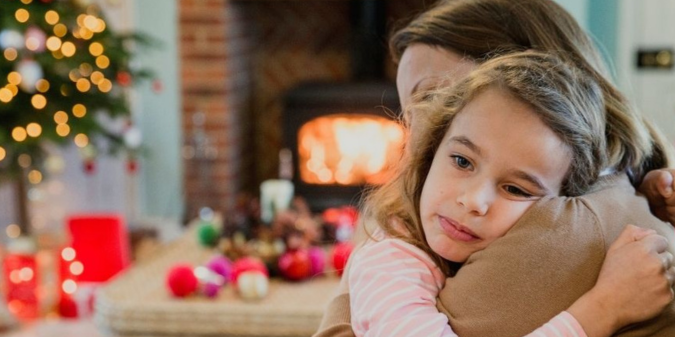A thoughtful commentary on the Alberta Teachers Strike, from a Mom of three and Child Psychologist, Tasha Belix, practicing in Alberta, Canada.
Understanding the Impact on Youth
With the recent Teachers’ Strike in Alberta, many families have been navigating an incredibly challenging month. Students have missed almost a month of classes, leaving parents juggling disrupted routines, finding childcare, and managing their own frustration about lost learning time.
On top of that, many parents are also feeling empathy and concern for teachers who were legislated back to work, without meaningful improvements to their contracts, and disappointment with how the situation was handled by government leaders. It’s a complex time, filled with mixed emotions, uncertainty, and understandable concern for how this disruption may affect your children both academically and emotionally.
The strike’s effects go beyond academics. For many students, school is not just a place of learning -it’s their community, their structure, and often a significant part of their emotional
stability.
This disruption can impact:
- Learning momentum, especially for older students preparing for diplomas or post-
secondary transitions. - Social connection and mental health, as school provides consistency, friendships, and a
sense of belonging. - Trust in systems of authority, as youth observe adults in conflict and question fairness
and power.
As a psychologist, and as someone deeply invested in the wellbeing of our youth, I feel saddened by how this situation reflects a broader struggle within our public education system. Our teachers play an invaluable role, spending countless hours supporting, mentoring, and inspiring our children.
Smaller class sizes and sustainable workloads are not just “nice to have” they’re essential investments in both academic success and mental health. When teachers are supported, students
thrive.
Helping Kids and Teens Process What’s Happening
In times of social or political turmoil, young people are watching closely and feeling deeply. One of the most powerful tools parents have is validation.
Validation doesn’t mean agreeing with everything your child says. It means listening, empathizing, and communicating that their feelings and perspectives matter.
A simple but powerful message to hold on to is:
“I believe you, and I believe in you.”
Below are a few examples of how you might support different types of reactions from your child
or teen:
💬 The Activist Student: Fired up about the walkout
“It seems like you’re really fired up about what’s happening with your teachers and your education. I can see how passionate and maybe even angry you are about this. Tell me more about your thoughts on the walkout and why you decided to participate/ or not participate. It’s really inspiring to see how much you care about this issue. Your opinion matters.”
💬 The Worried Grade 12 Student: Concerned about diplomas
“I can appreciate how stressful it feels to have missed almost a month of chemistry. That’s a big chunk of time, and it makes sense to be nervous. But I believe in you and I’m here to support you however I can. Let’s figure out what’s most important to review first and take it one step at a time.”
💬 The Discouraged Student: Lost momentum
“This is really frustrating. You started the year off strong, building good study habits and routines, and now it feels like all that momentum slipped away -and through no fault of your own. That’s tough. But you’ve built that discipline before, and you can do it again. I’ve seen your determination so many times; it’s still there.”
Moving Forward with Empathy and Hope
This has been a turbulent time for families, teachers, and students alike. But it’s also an opportunity -to model empathy, to engage in meaningful discussions about fairness, advocacy, and the importance of public education… things worth fighting for.
When parents lean in with understanding and openness, it helps young people learn that their feelings are valid, their voices matter, and change — even when painful — can lead to growth.
So take a deep breath, check in with your kids, and remind them (and yourself):
“We’ve handled hard things before — and we’ll get through this, together.”
The parentng journey is not without challenges, but having a community of supports to lean on, for guidance, positive energy and a supportive perspective can be life changing.
Don’t hesitate to reach out… We’re a team of skilled Calgary Psychologists here to help.

xx, Tasha Belix
Registered Psychologist


